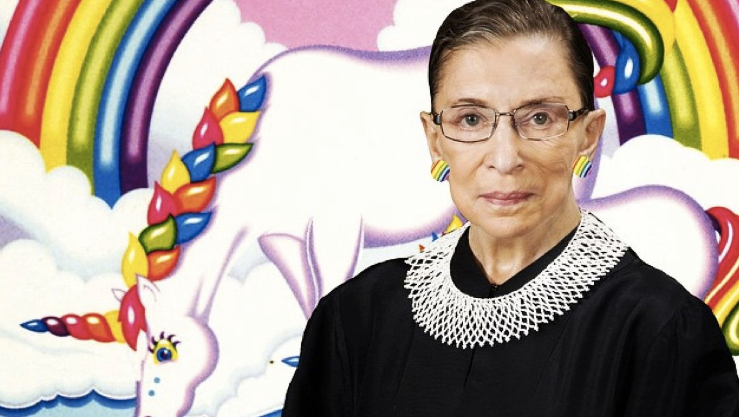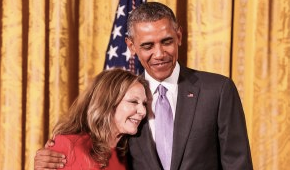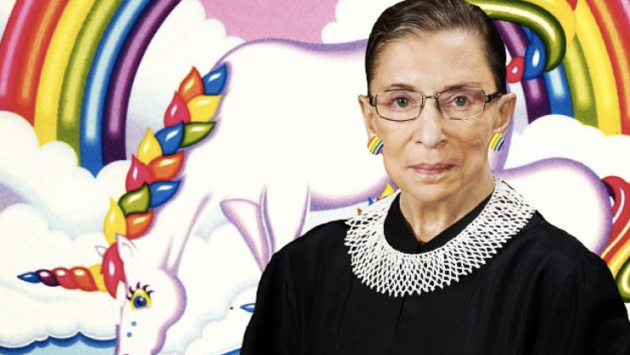
7 Jewish Feminist Highlights of 2015
2015 is leaving us with too much violence and a world that needs much repair. For me, the hateful murder of Shira Banki at the Jerusalem Pride Parade in August and the National Women’s Studies Association’s noxious BDS resolution were two Jewish feminist low points of this secular year. But other, joyous moments have helped me keep the faith that Jewish feminism can and does make a difference by doing the work of tikkun olam in Jewish worlds, in feminist movements, and in the world entire. So in keeping with that spirit, I offer my top 7 Jewish feminist moments of 2015 (and, of course, 7 is the number associated with creation and blessing in Jewish tradition!).
 1) Rebecca Goldstein, who has embodied and given literary life to “mind-proud” women throughout her career, was awarded the National Humanities Medal. If you haven’t yet read The Mind-Body Problem, Mazel (winner of the National Jewish Book Award), or 36 Arguments for the Existence of God, treat yourself to the words and the worlds of a brilliant writer.
1) Rebecca Goldstein, who has embodied and given literary life to “mind-proud” women throughout her career, was awarded the National Humanities Medal. If you haven’t yet read The Mind-Body Problem, Mazel (winner of the National Jewish Book Award), or 36 Arguments for the Existence of God, treat yourself to the words and the worlds of a brilliant writer.
2) Another one of my sheroes, Ruth Bader Ginsburg, Supreme Court Justice and graduate of Brooklyn’s James Madison High School (my alma mater), was recognized with the Radcliffe Medal, given “to an individual who has had a transformative impact on society.” This “tiger justice,” of course, was a key vote in the landmark decision legalizing gay marriage. And the publication of Notorious RGB (and the upcoming film version of this legal titan’s life starring Natalie Portman) is a sign that intelligent life and popular culture can and do coexist. 
2 comments on “7 Jewish Feminist Highlights of 2015”
Comments are closed.




I’m so grateful and honored to be on any list that includes the Notorious RBG — especially a list that’s only 7 items long! Thank you, Professor Meyers!
I was shocked to read ini Helene Myers’ blog that the National Women’s Studies Association `noxious resolution’ about BDS was assumed to be a LOWPOINT in the 2015 feminist calendar! I am a longtime Lilith reader and supporter, and have noticed the glaring lack of dialogue about the Israel/Palestine `situation’ on Lilith’s pages. Is this an unspoken taboo? Are we feminists to buy the assertion that criticism of the current Israeli government is anti-Semitic treachery? Have we not insisted on our right to speak and be heard as women in dangerous conversations? Is it disloyal to seek synchrony between our feminist beliefs in equality and justice, and our identity as Jews? I would like to hear more from Lilith about its editorial position on Israel and the silencing of Jewish voices of dissent, including support of the non-violent tactic of BDS.